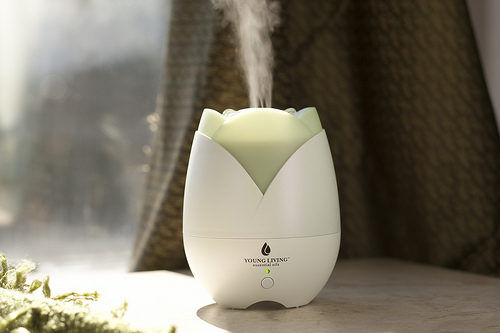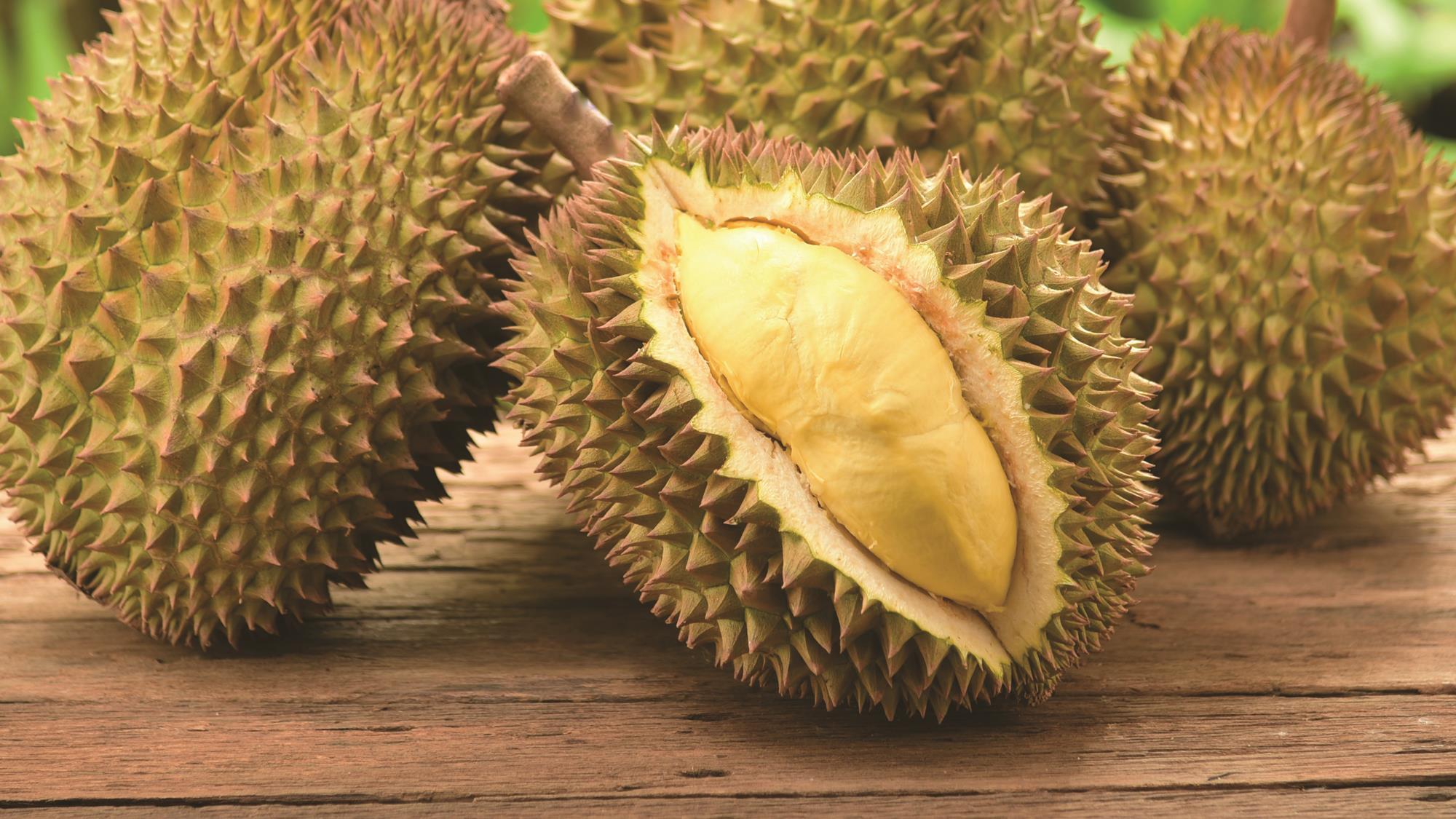OUR ARTICLES
-
-
-
156.8k Views
in Finance5 Common Misconceptions about Financial Advising
-
-
147k Views
in OILSUses of YlangYlang Oil
-
-
-
-
156.8k Views
in BEVERAGESAmazing Health Benefits of Elderflower Tea
-
166.6k Views
in FRUITS10 Amazing Health Benefits of Feijoa
Load More
Congratulations. You've reached the end of the internet.










